$BTC $ETH
#Bitcoin #Crypto #Blockchain #Ethereum #Altcoins #Investing #Finance #KimchiPremium #SouthKorea #CryptocurrencyNews #DigitalAssets #MarketTrends
In a remarkable shift in the crypto landscape, Bitcoin (BTC) is currently trading at a discount in South Korea compared to the global markets, marking the reversal of the long-standing ‘kimchi premium’. This phenomenon, not observed since October 2023, signifies a significant change in the local cryptocurrency market dynamics. Historically, the kimchi premium illustrated the higher price at which BTC traded on South Korean exchanges relative to global prices, attributed to strong local demand, regulatory factors, and capital controls that limited market access. Presently, this premium stands at -0.74%, indicating Bitcoin is cheaper in South Korea than in the rest of the world. This shift raises questions about the underlying causes, ranging from regulatory influences to changes in investor sentiment within the country.
Analysts believe the disappearance of the kimchi premium can be tied to several key factors, including regulatory pressures and a decline in domestic investor interest. South Korea’s strict cryptocurrency regulations have been a double-edged sword; while intending to protect investors, they may have inadvertently dampened the market. Restrictions on foreign and institutional investors using domestic exchanges have directly impacted retail investor demand. Additionally, a growing preference for more volatile altcoins over Bitcoin might be diverting market liquidity, hence lowering trading volumes for BTC. Despite these challenges, experts like KP Jang of Xangle Research suggest this negative kimchi premium might be a temporary phase, with historical patterns showing such discrepancies tend not to last long.
The current state of the kimchi premium also coincides with broader global market movements, including increased trading volumes triggered by the upcoming US presidential elections and a new stimulus package in China. However, despite these international market stimulants, sentiment in South Korea remains comparatively tepid. This lukewarm response may reflect broader market trends or specific concerns within the South Korean crypto community. Moreover, with the election of the pro-crypto president Yoon Suk-Yeol in 2022, there’s an anticipatory sentiment regarding possible regulatory reforms which could rejuvenate the market. Yoon’s administration has indicated a willingness to adjust the existing regulatory framework to better align with the realities of cryptocurrency trading and to foster a more conducive environment for digital assets.
In prospective terms, the negative kimchi premium presents an intriguing investment angle. Savvy investors might see this as an opportune moment to engage in arbitrage, buying BTC at lower prices in South Korea to sell on international markets. However, the success of such strategies hinges on regulatory developments within South Korea and the global cryptocurrency market’s trajectory. Additionally, neighboring Japan’s embracing stance towards digital assets, contrasted with South Korea’s current regulatory tightrope, might serve as a template or cautionary tale depending on the outcome of South Korea’s regulatory overhaul. As we move forward, the crypto community will be watching closely to see if this reversal in the kimchi premium signals a temporary blip or a more substantial shift in the global digital asset landscape.

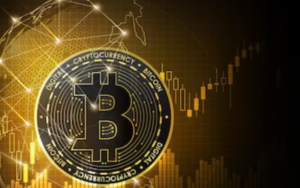
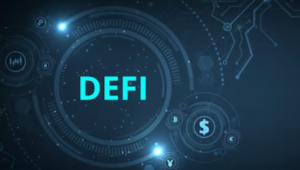
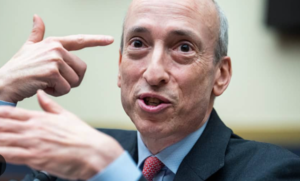

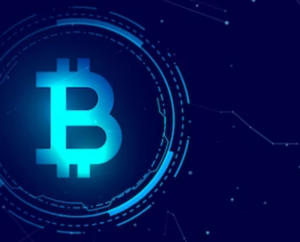
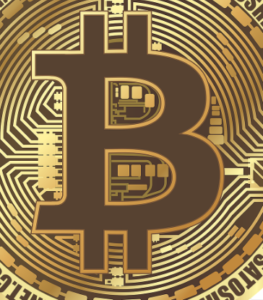
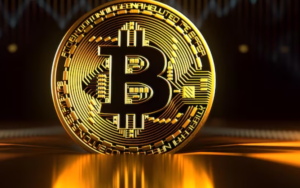

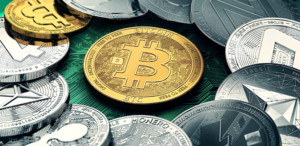
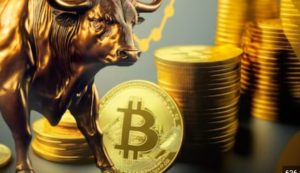
Comments are closed.